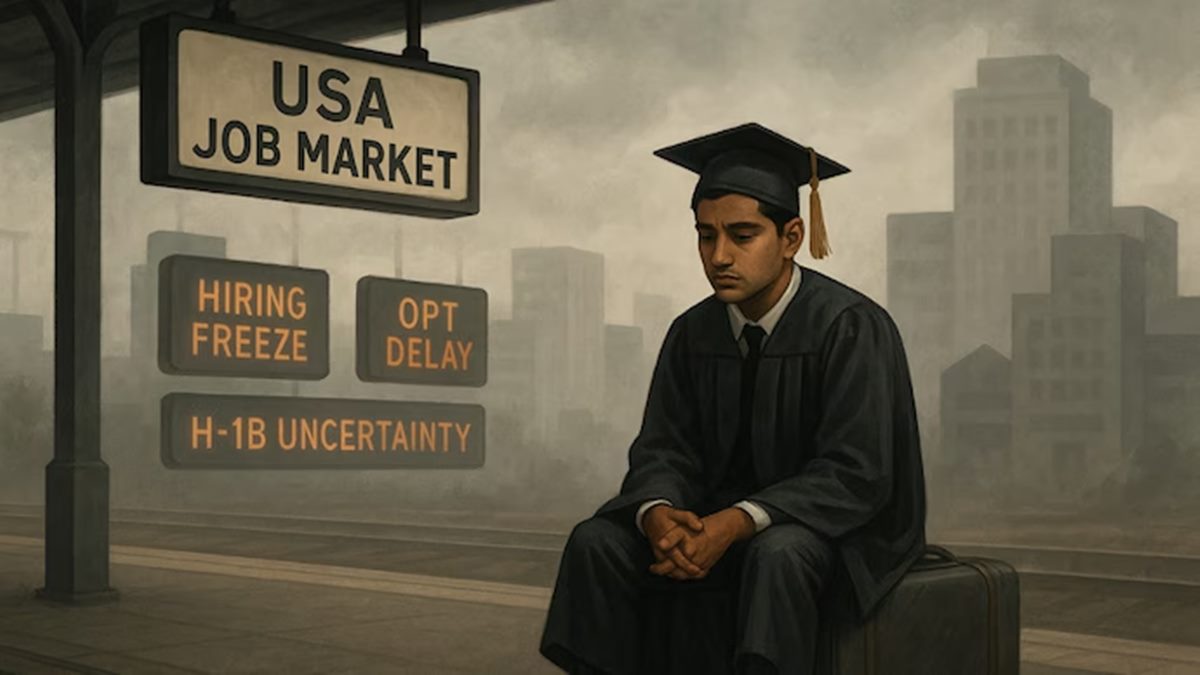After a long leap of nearly five years of widespread remote work, organisations are now moving expeditiously to enforce stricter return-to-office policies. Industry giants such as Google, Amazon and Microsoft are doubling down on their efforts to bring most of their employees back on site.However workers, who are now accustomed to the comfort of home offices and the freedom from daily commutes, are resisting these mandates. The pushback has prompted employers to rethink what it takes to make office life appealing again.
Some companies are reviving old perks like free snacks, social events and flexible schedules, to bring people back. Yet these small gestures may no longer be enough to persuade today’s workforce.
A recent survey of 1,000 US employees uncovered a surprising finding: 57% of remote workers said they would return to the office full-time if they were offered a company car or travel stipend. Even more notably, 37% said they would prefer help with car payments over receiving a raise of the same amount.
These findings highlight a deeper shift in employee expectations. After years of remote or hybrid work, many professionals have come to value not just comfort, but the practical benefits of financial savings, flexibility, and improved well-being that come with it. As companies tighten their RTO policies, they may find that meeting these new priorities is essential to winning workers back.
So here is a list of the top 10 unusual, but increasingly real, employee demands before agreeing to return to the office.
#1. On-site wellness centres: Today’s employees want access to physical and mental health support directly at workplaces, from physiotherapy and meditation rooms to on-site counsellors and fitness trainers, as wellness has become a core post-pandemic priority.
#2. Pet-friendly offices: Many remote workers became pet owners during the pandemic. Allowing pets at work helps ease separation anxiety, reduces stress and makes office environments feel warmer, more inclusive and less transactional.
#3. In-office entertainment zones: Employees are asking for spaces that break monotony, such as gaming corners, mini lounges, hobby corners, and creative downtime zones, which can stimulate social interaction and give office time a more meaningful, experiential value.
#4. Dedicated quiet work zones: Workers want areas designed strictly for deep concentration, where they can replicate the kind of silent focus they get at home, no interruptions, no noise, no unplanned social drop-ins.
#5. Mandatory ‘no meeting days’ in-office: Employees believe office days become meeting-heavy, defeating the purpose of coming in. They want specific days reserved only for execution, focus and production without endless calls and check-ins.
#6. Subsidised meals and regular meal plans: Beyond snacks, employees want office meals fully subsidised or heavily discounted to offset cost-of-living pressures, meal prep time and food expenses that remote routines helped them save significantly on.
#7. Annual ‘commute break’ week: Workers want at least one fully remote week annually to offset the mental fatigue of long-term commute cycles, allowing them to reset, travel or reconnect with family without losing productivity.
#8. Talent showcases and passion-sharing days: Employees want opportunities to display personal skills beyond core job roles, music, art, creativity, coding builds, to rebuild authentic human connection that remote work reshaped.
#9. Personal productivity allowances: Staff want annual budgets to enhance personal working experience, noise-cancelling headphones, monitors, ergonomic chairs or AI productivity tools to ensure both office and home environments stay equally functional.
#10. Commute time counted as paid time: One of the largest new demands, employees want the hours they spend travelling to be recognised as part of total work time, acknowledging that commuting is now a significant unpaid labour cost.
The new office era, shaped by negotiation, not force
As companies continue enforcing stricter RTO guidelines, the future of office work will depend on how well they align their policies with the evolving priorities of modern employees. The office may still retain importance, but workers today expect a meaningful exchange that compensates for time, cost and lifestyle trade-offs. In the post-pandemic world, returning to the office is not driven by mandates, but by value, flexibility and mutual benefit.




















